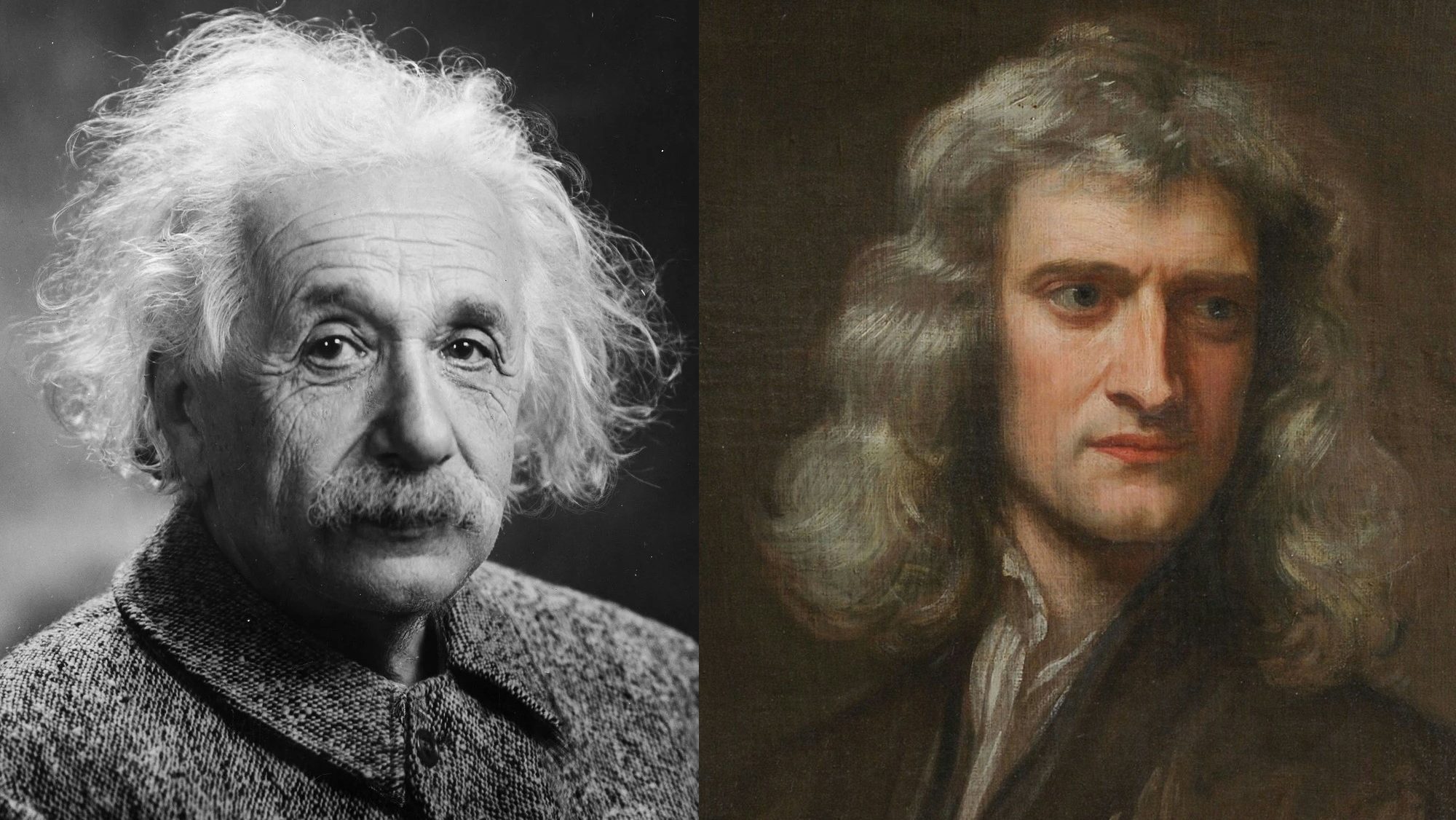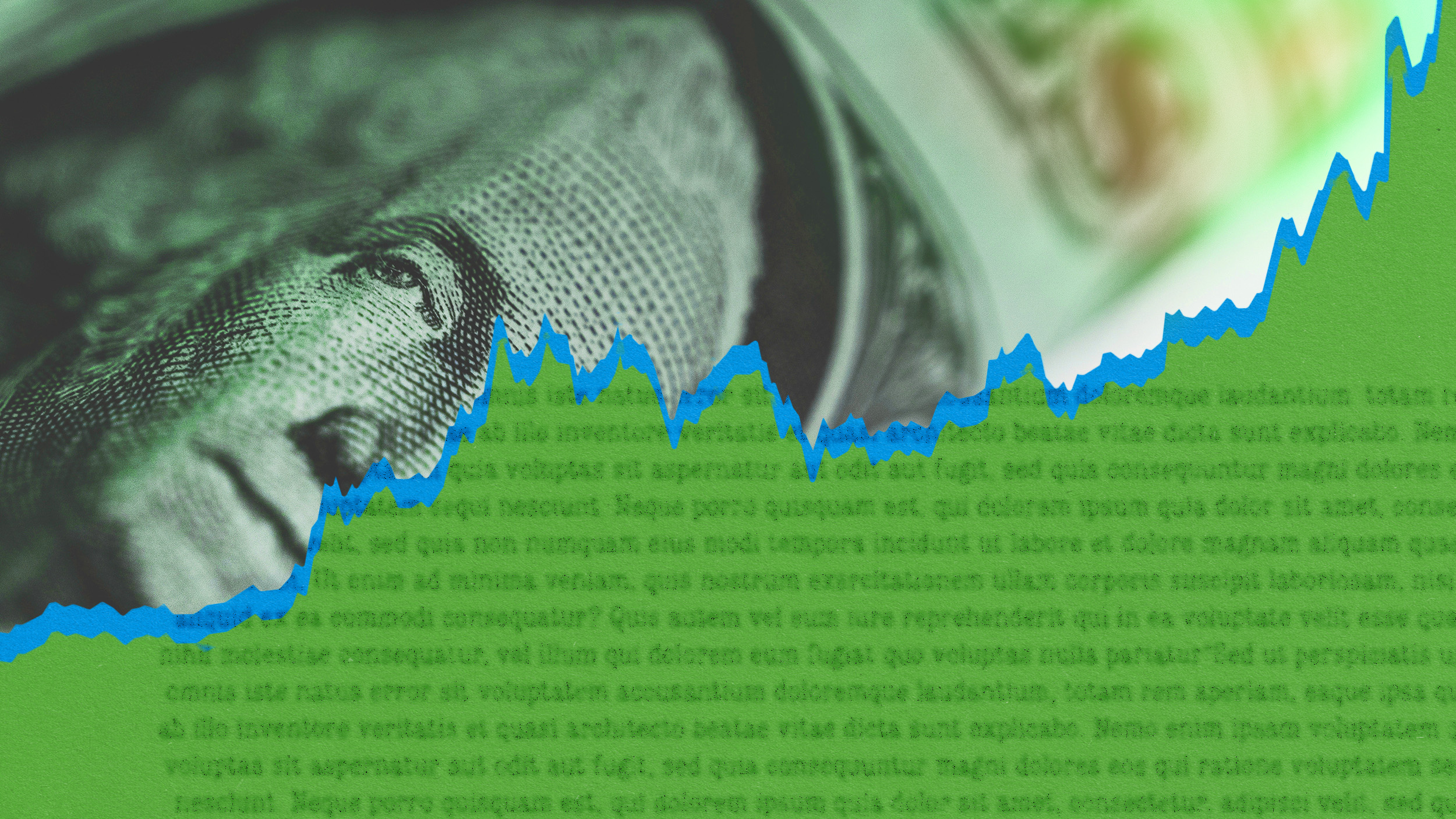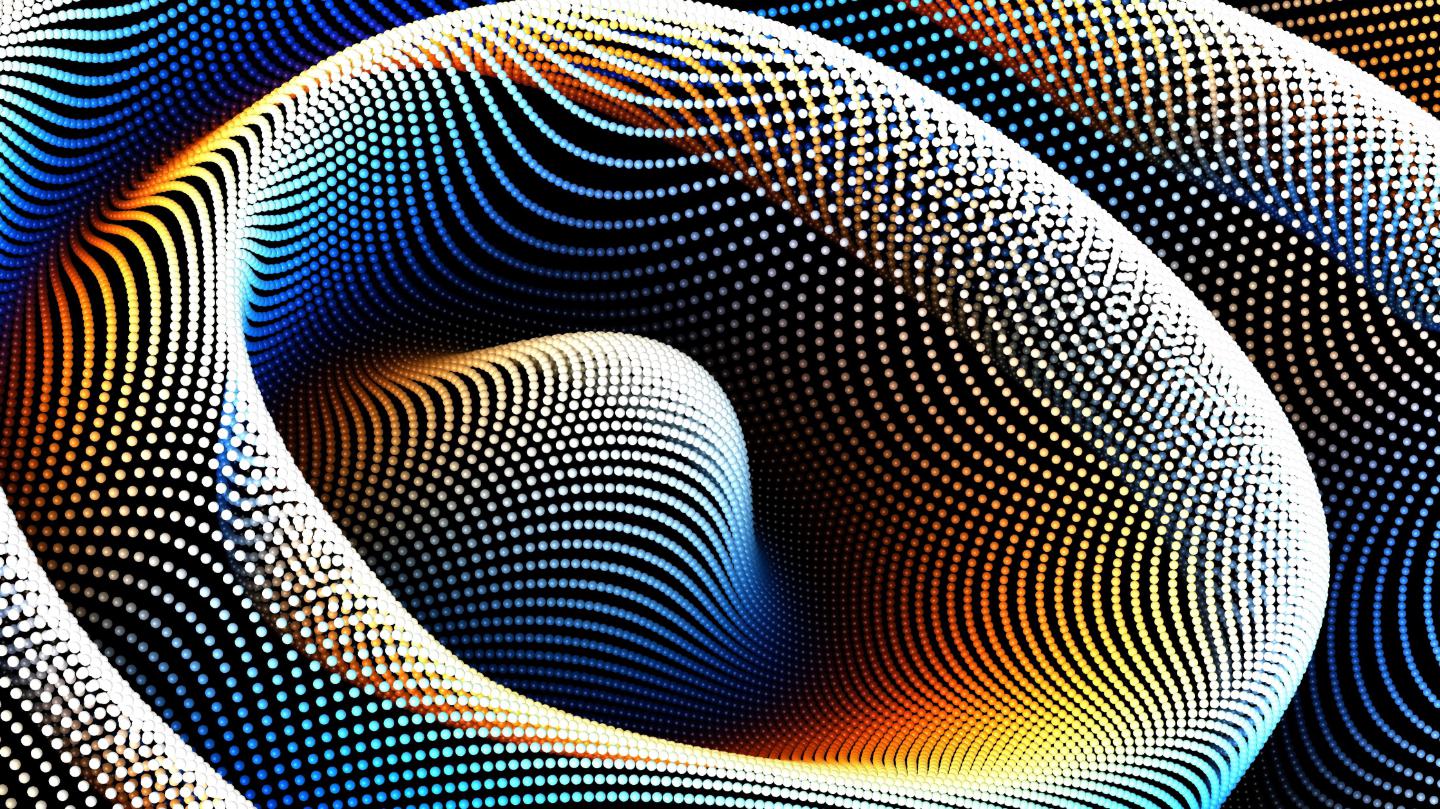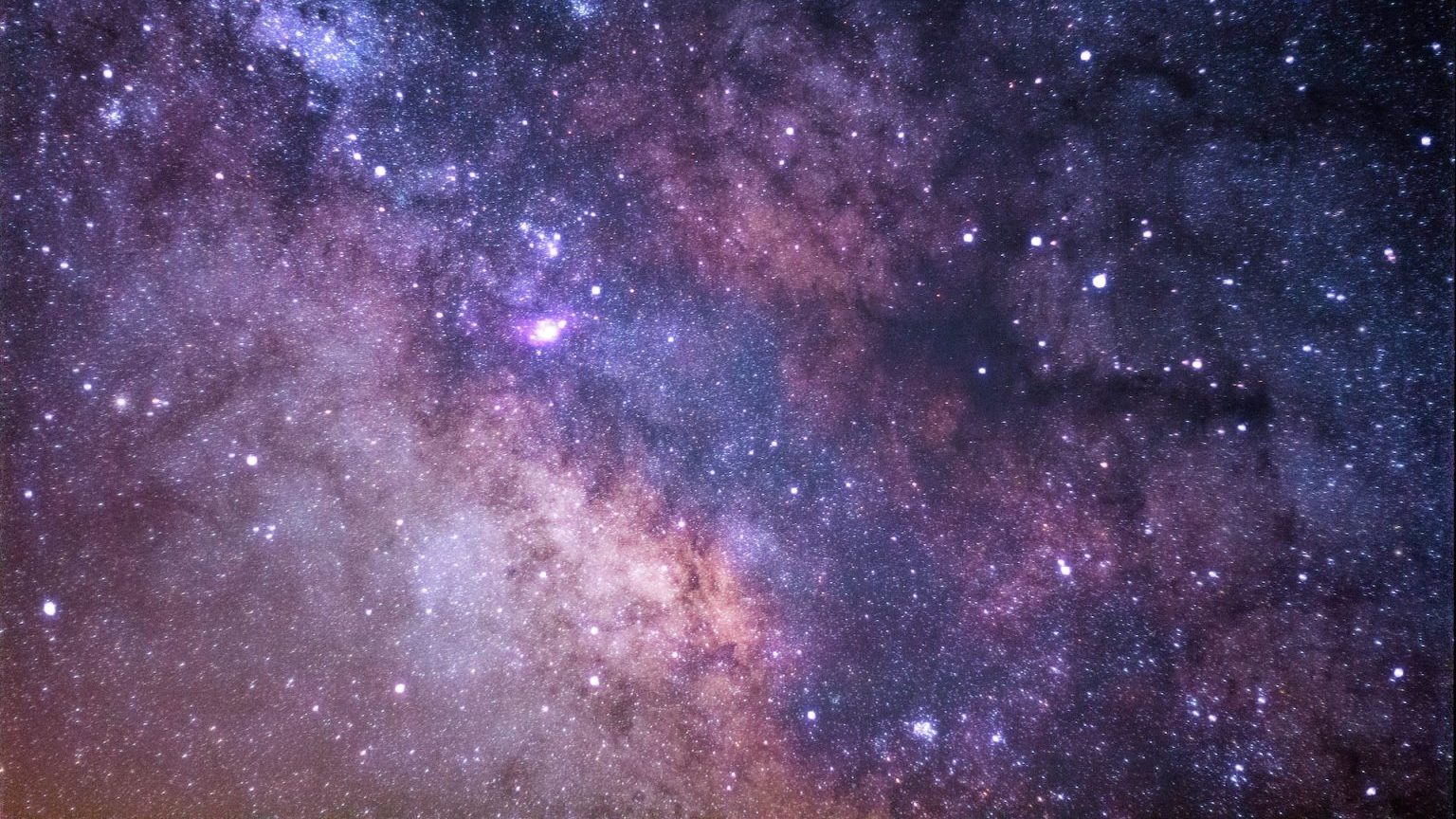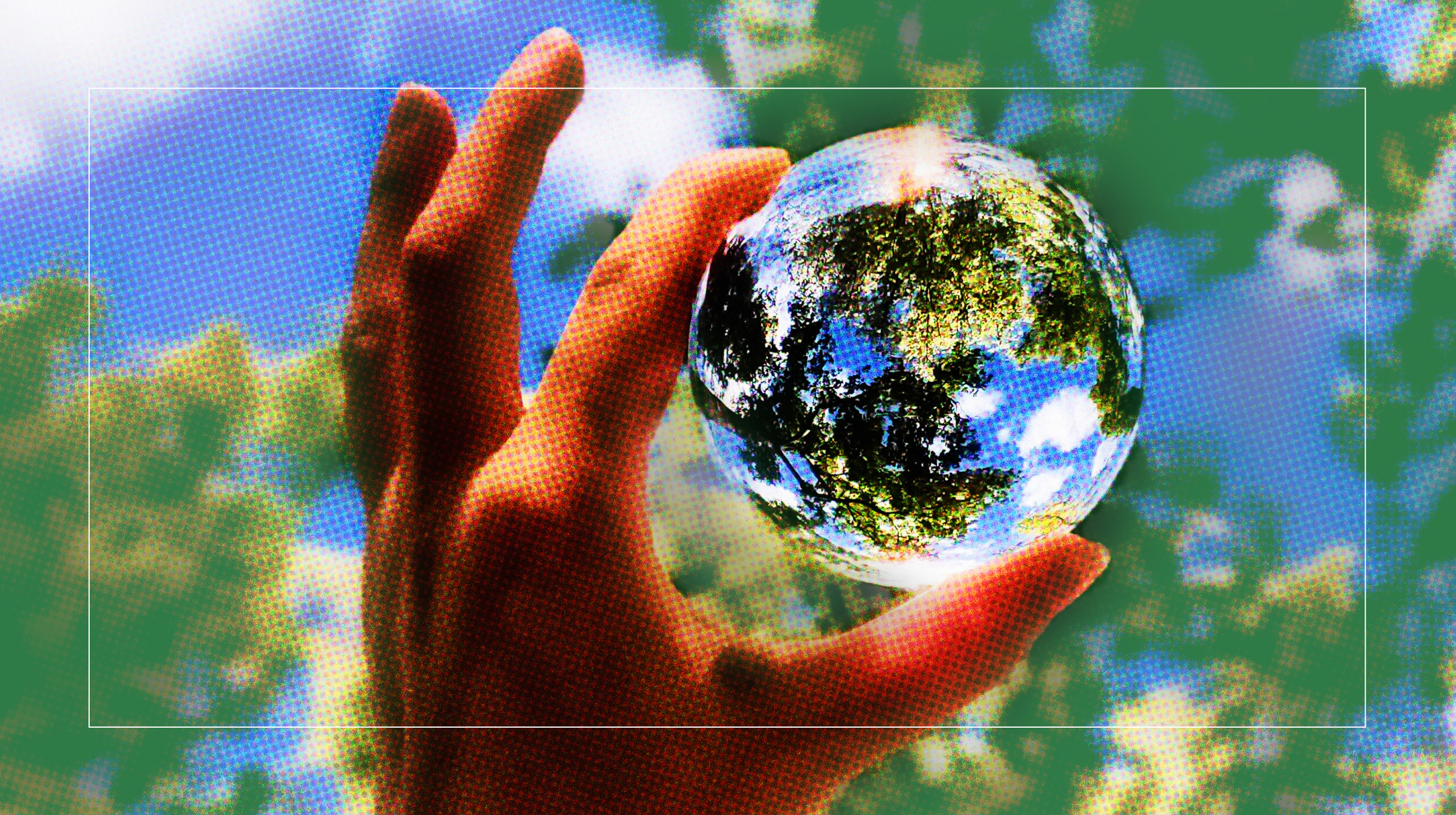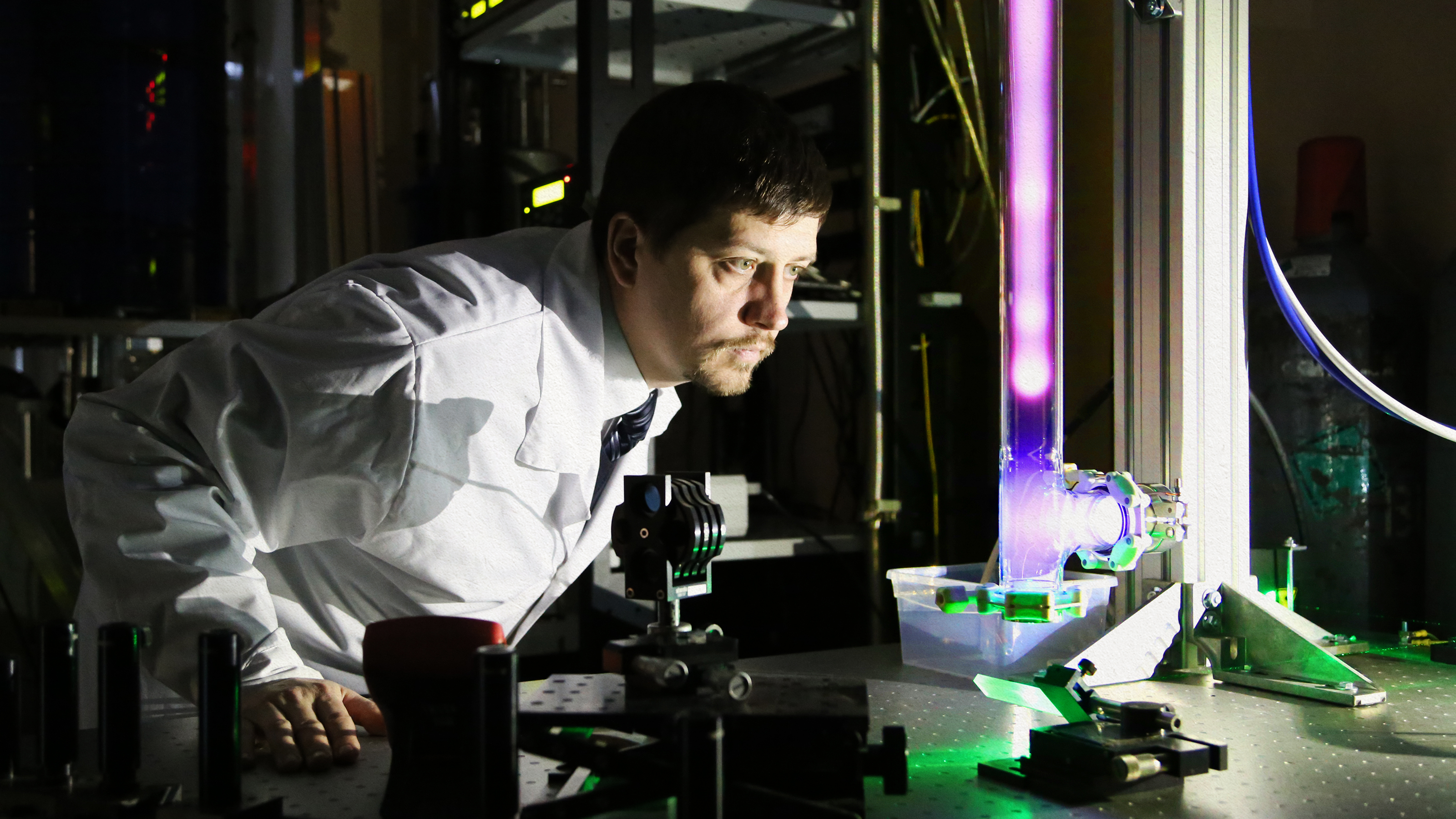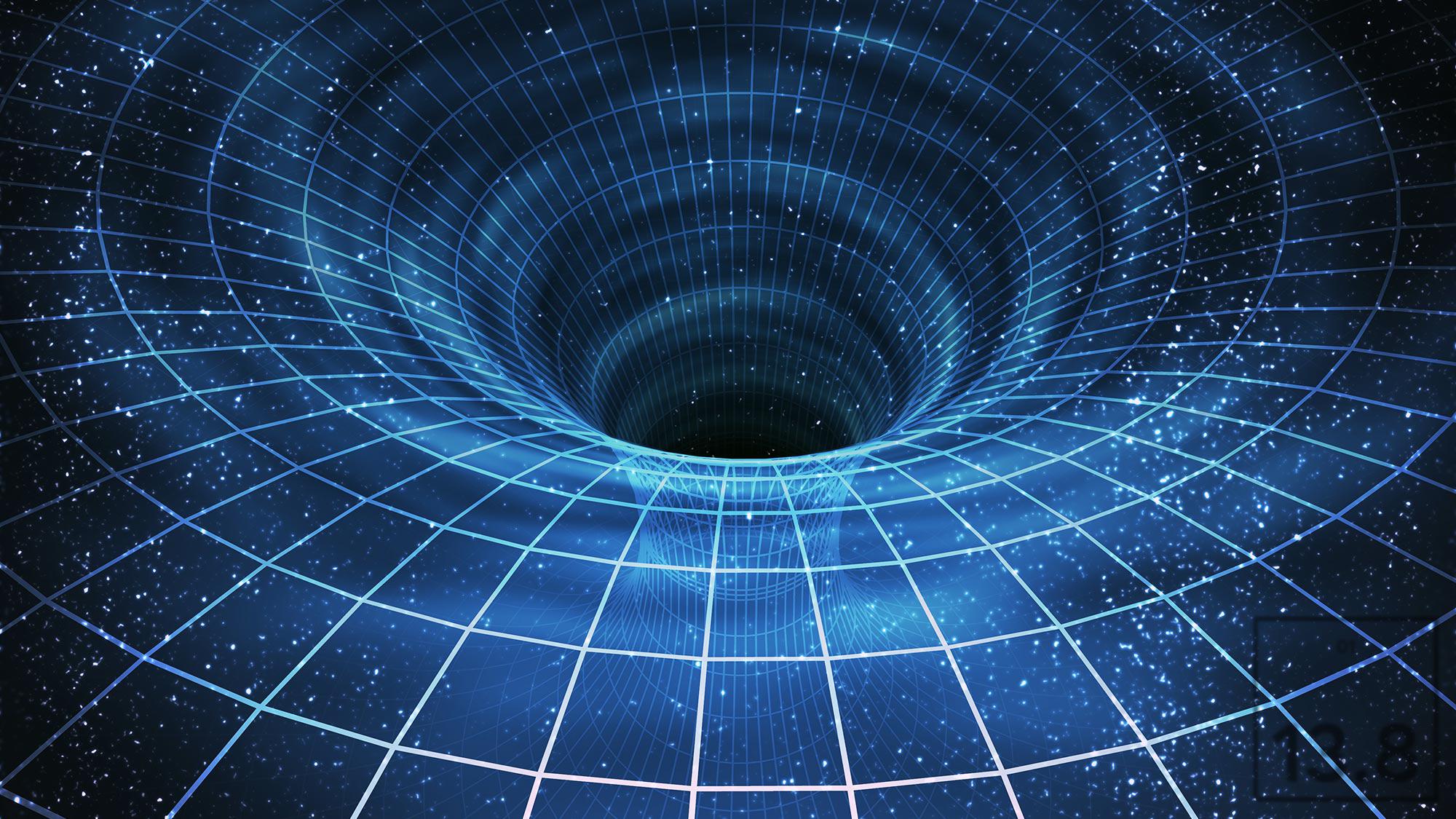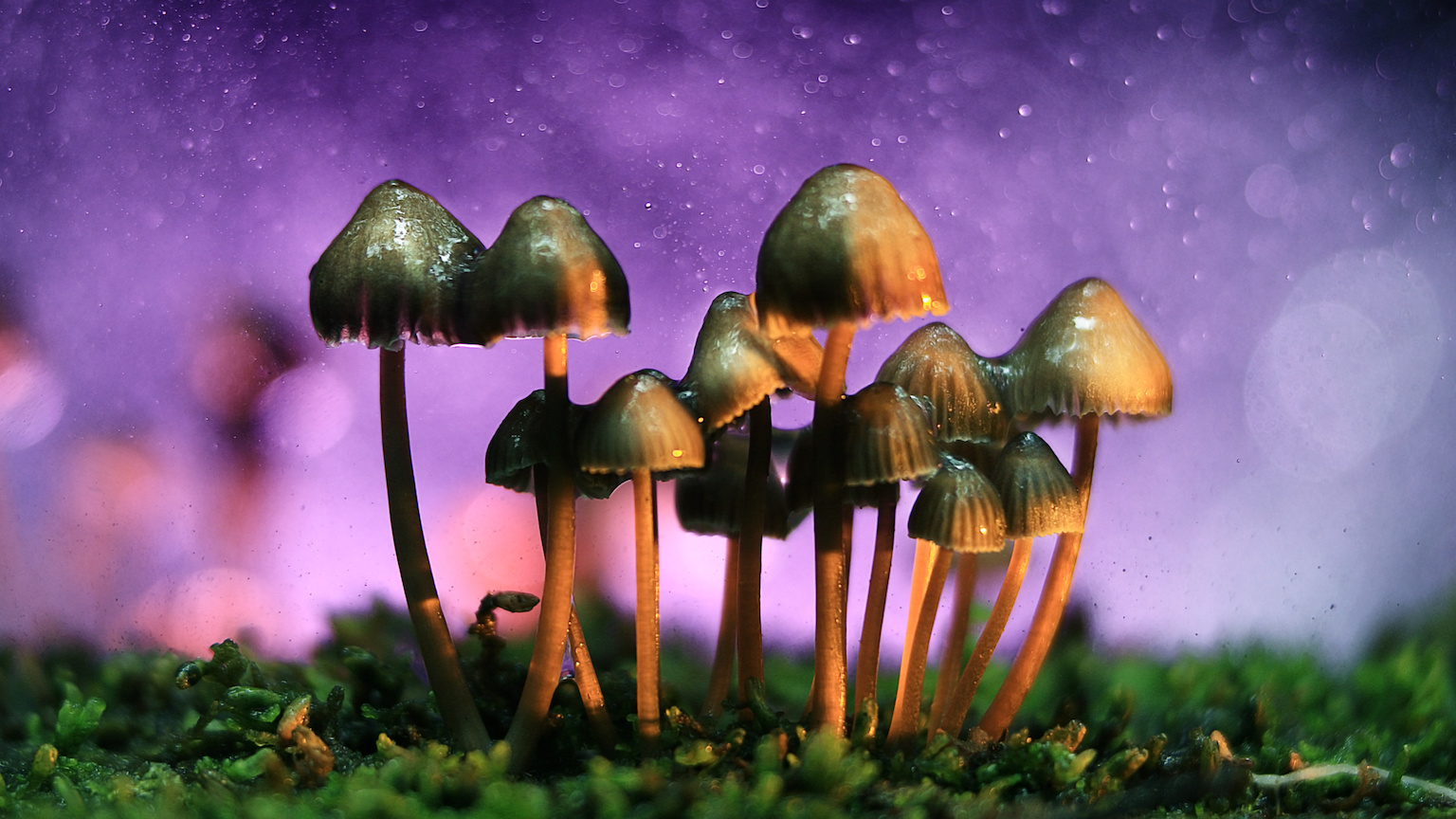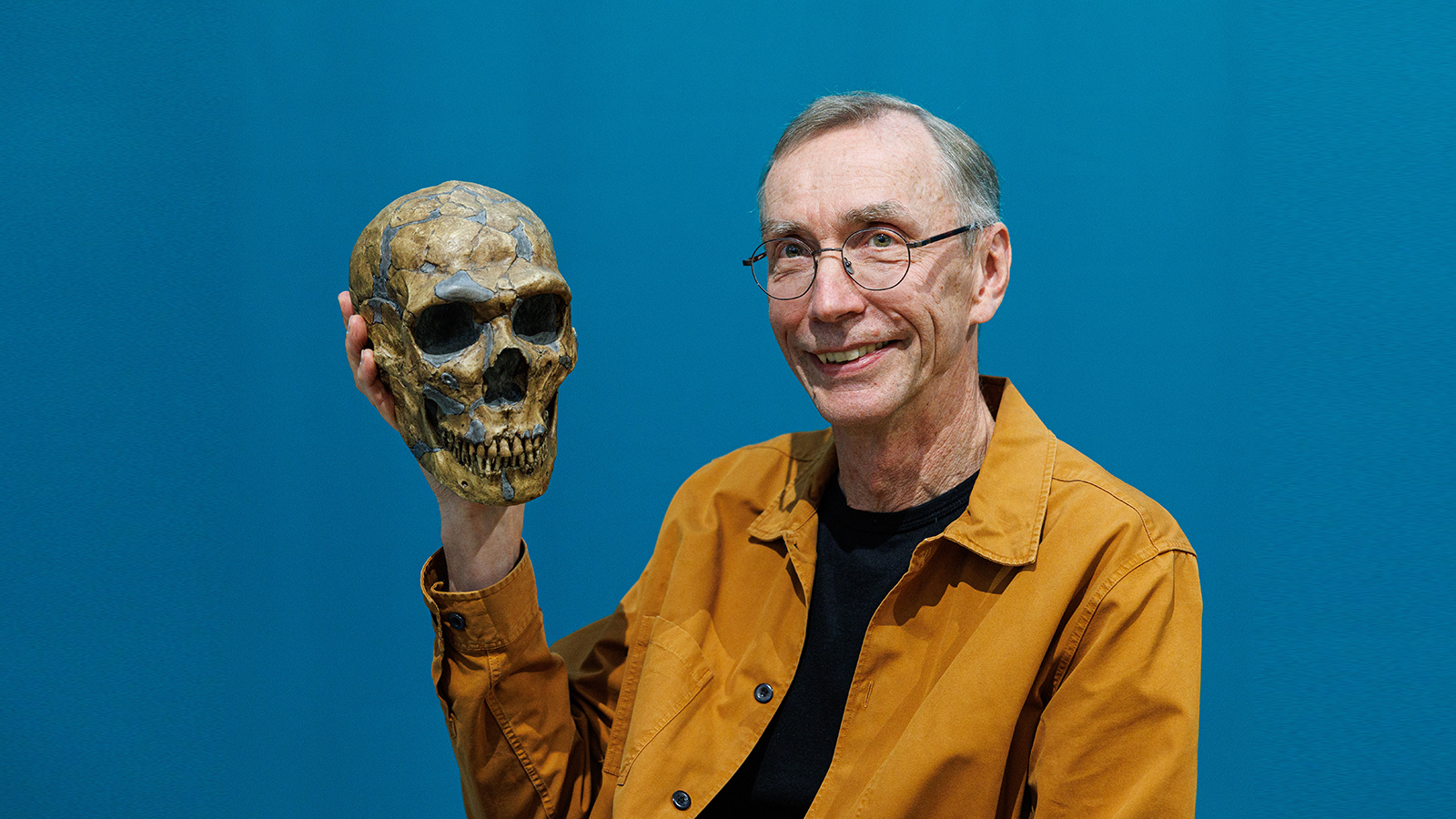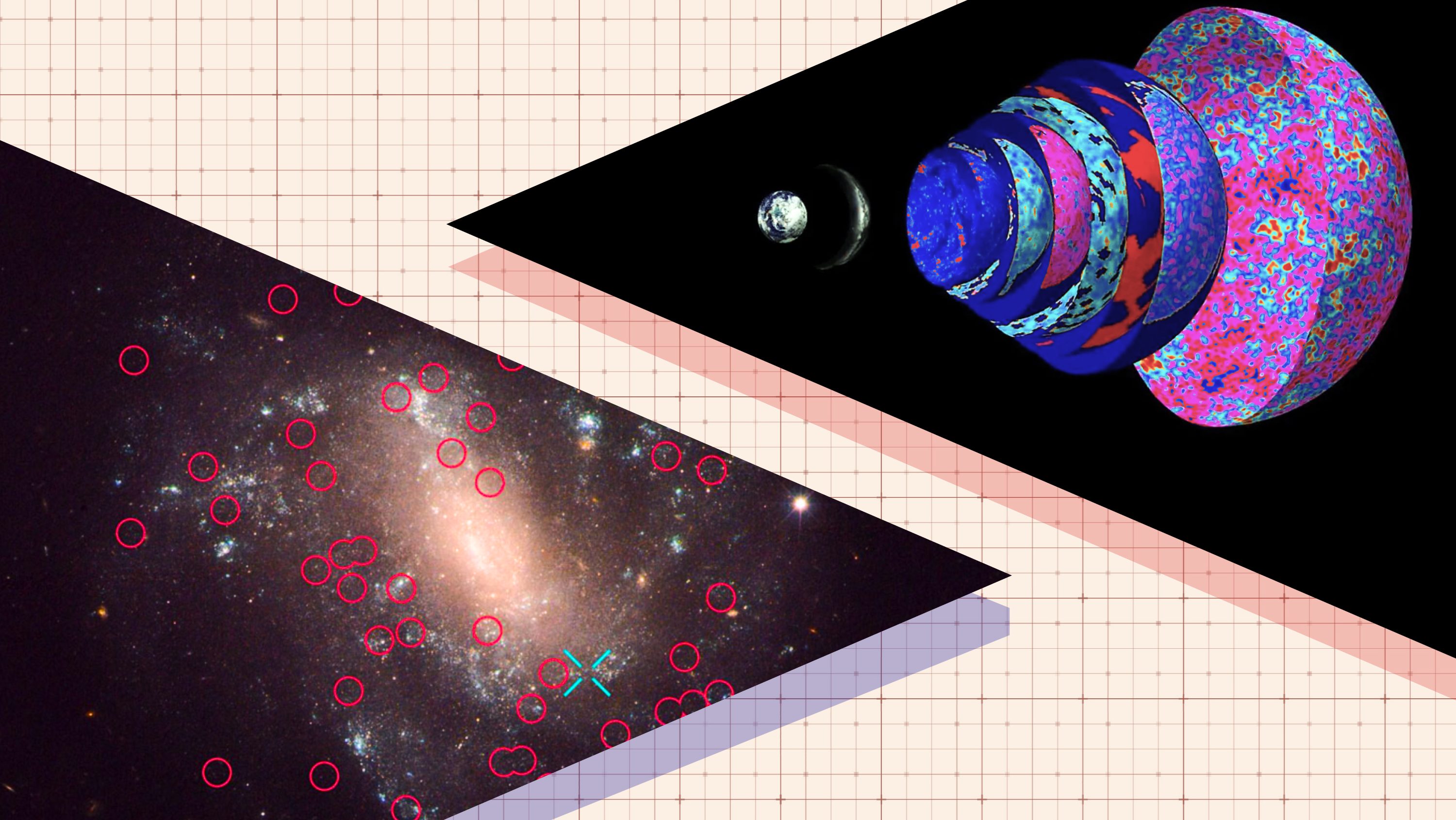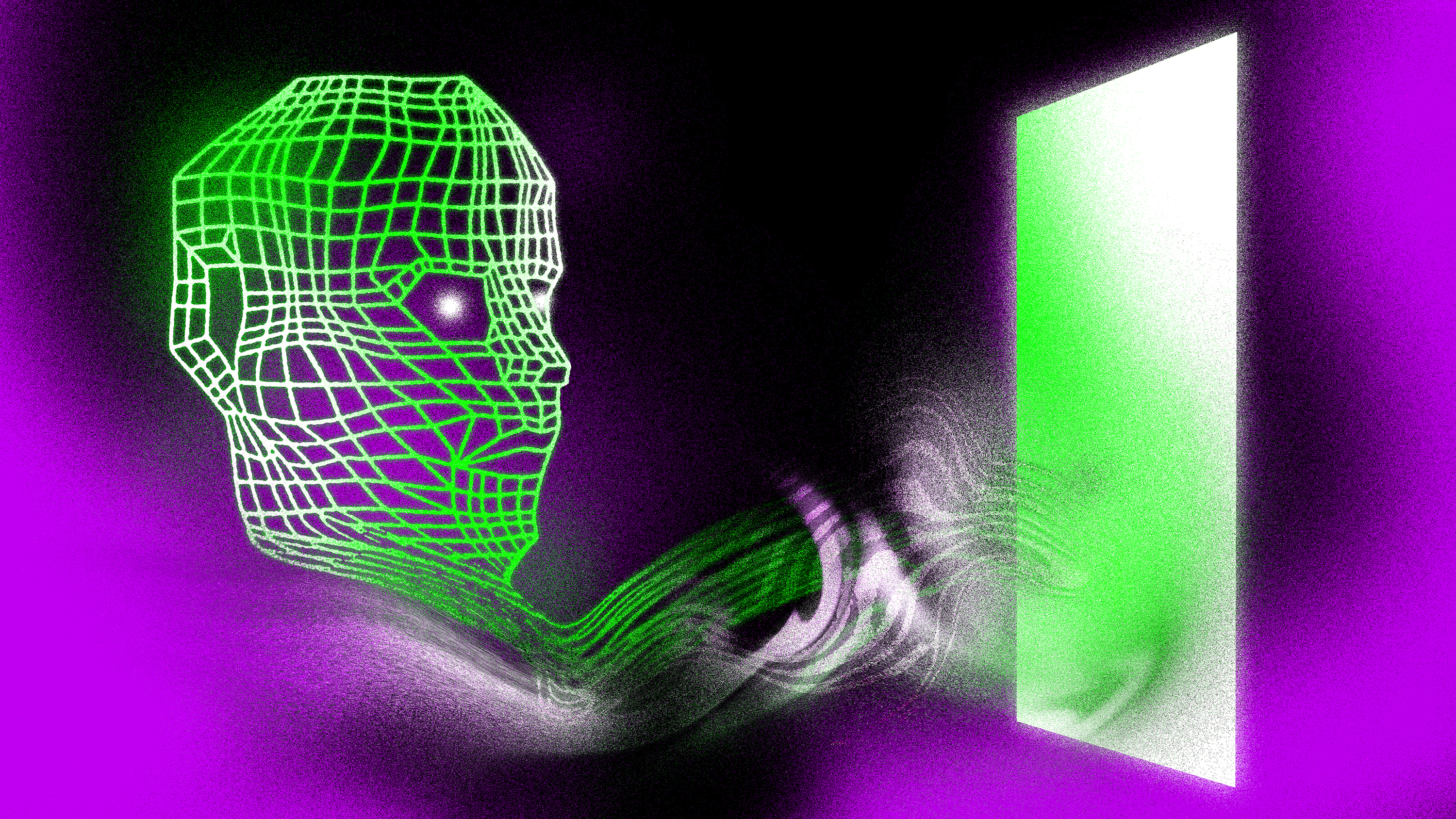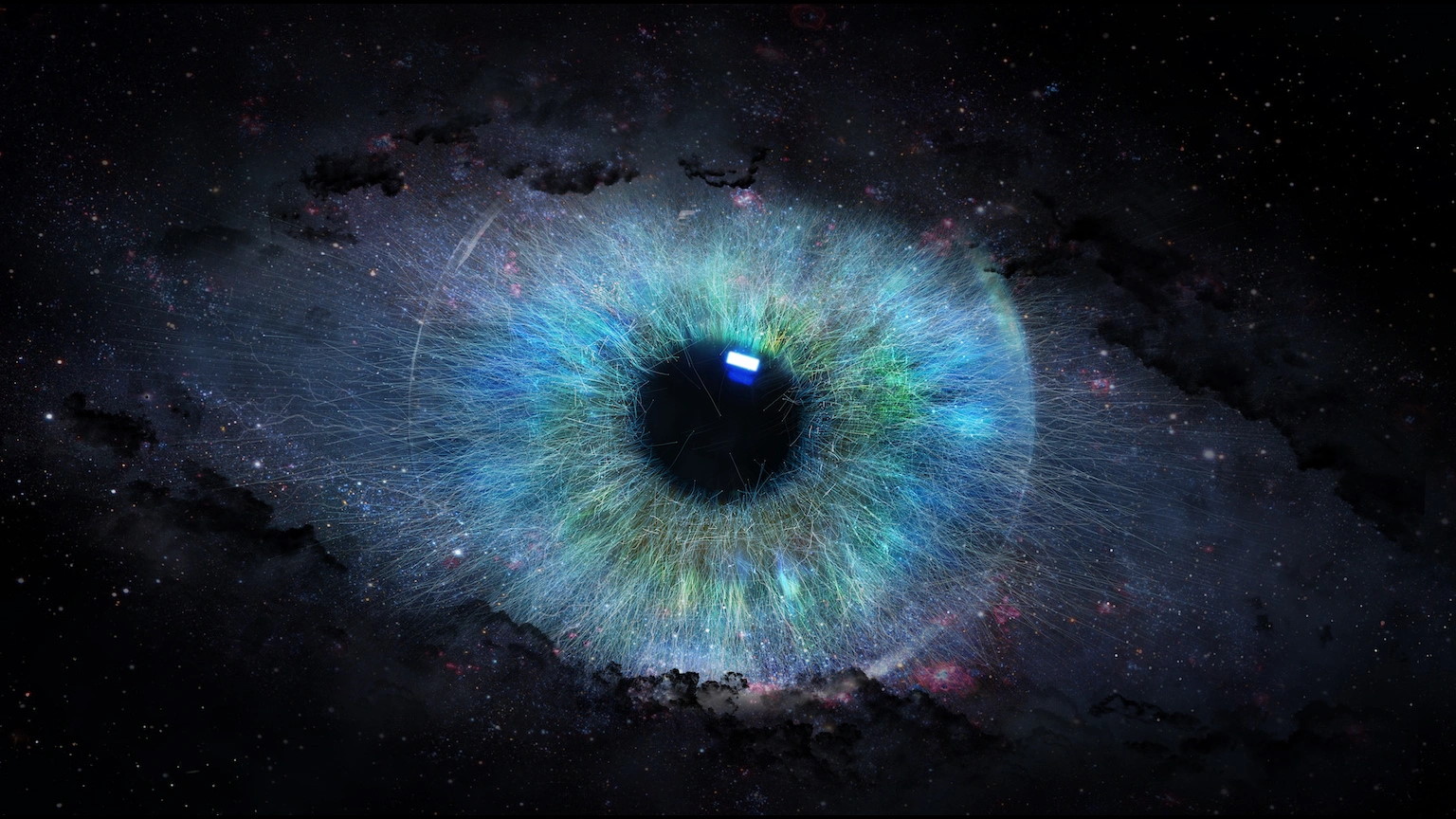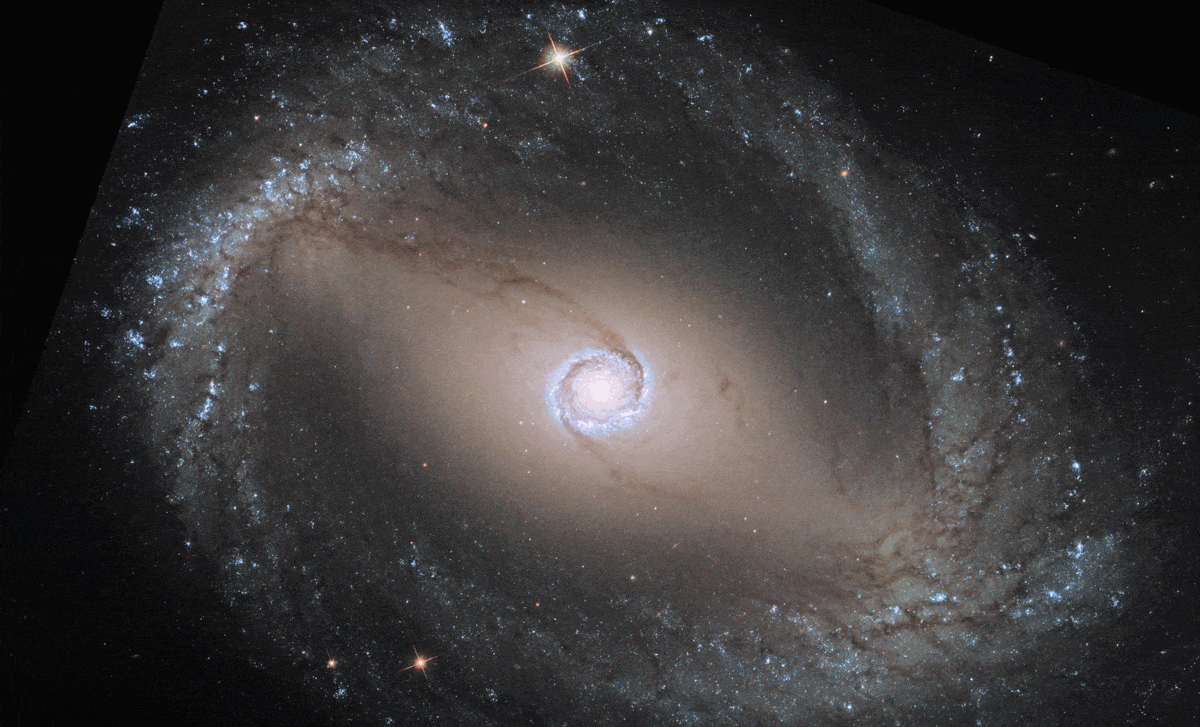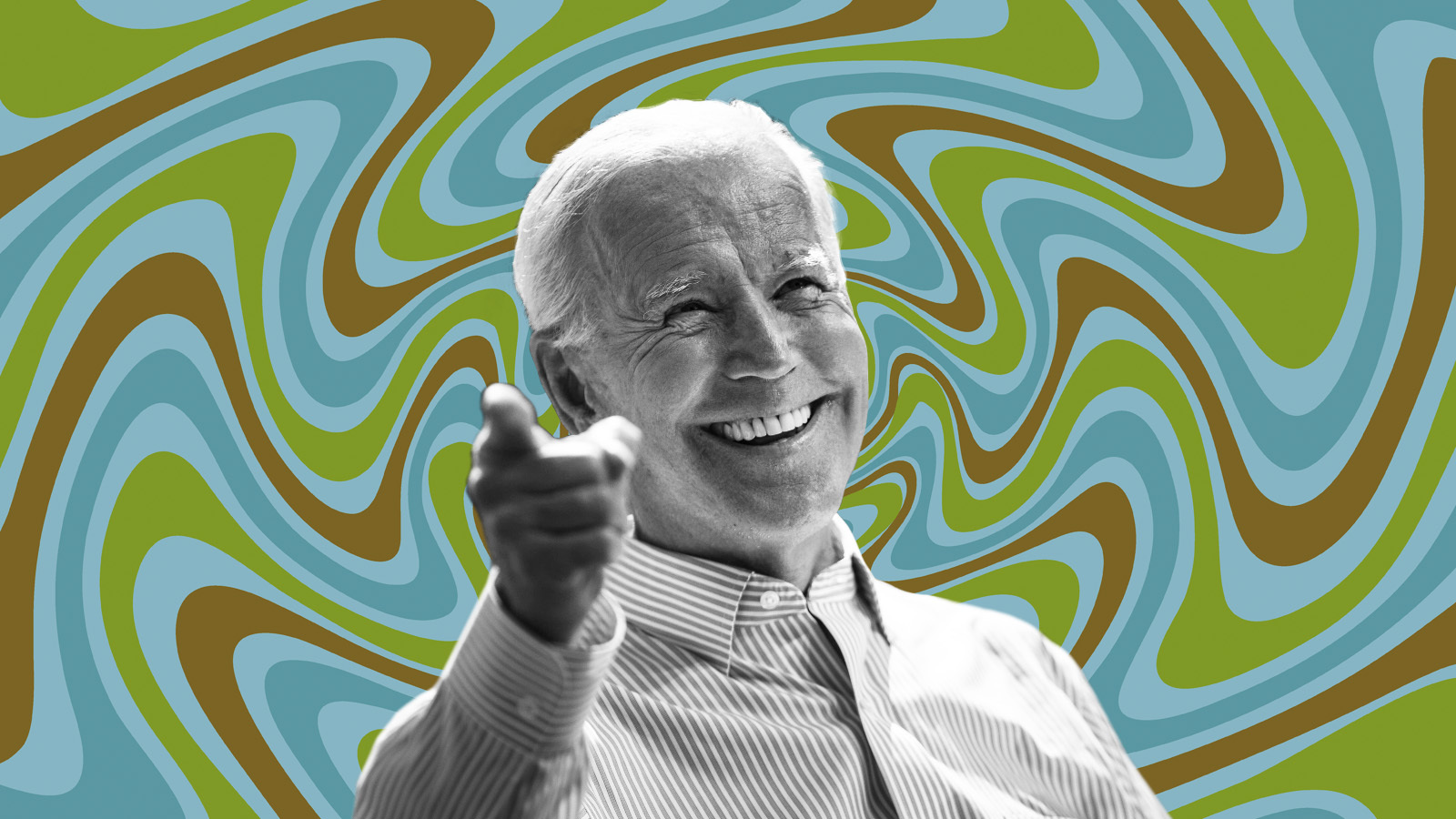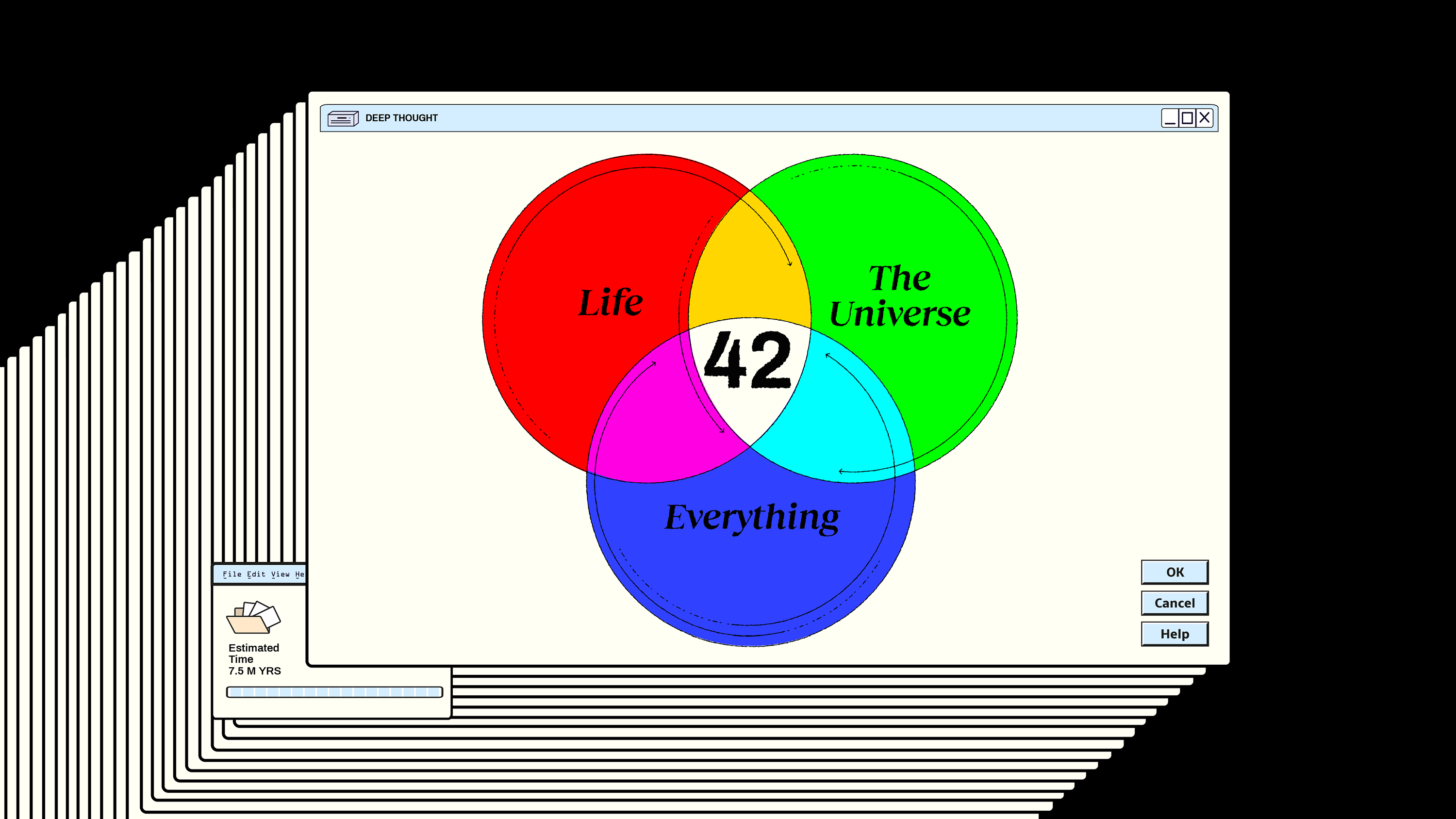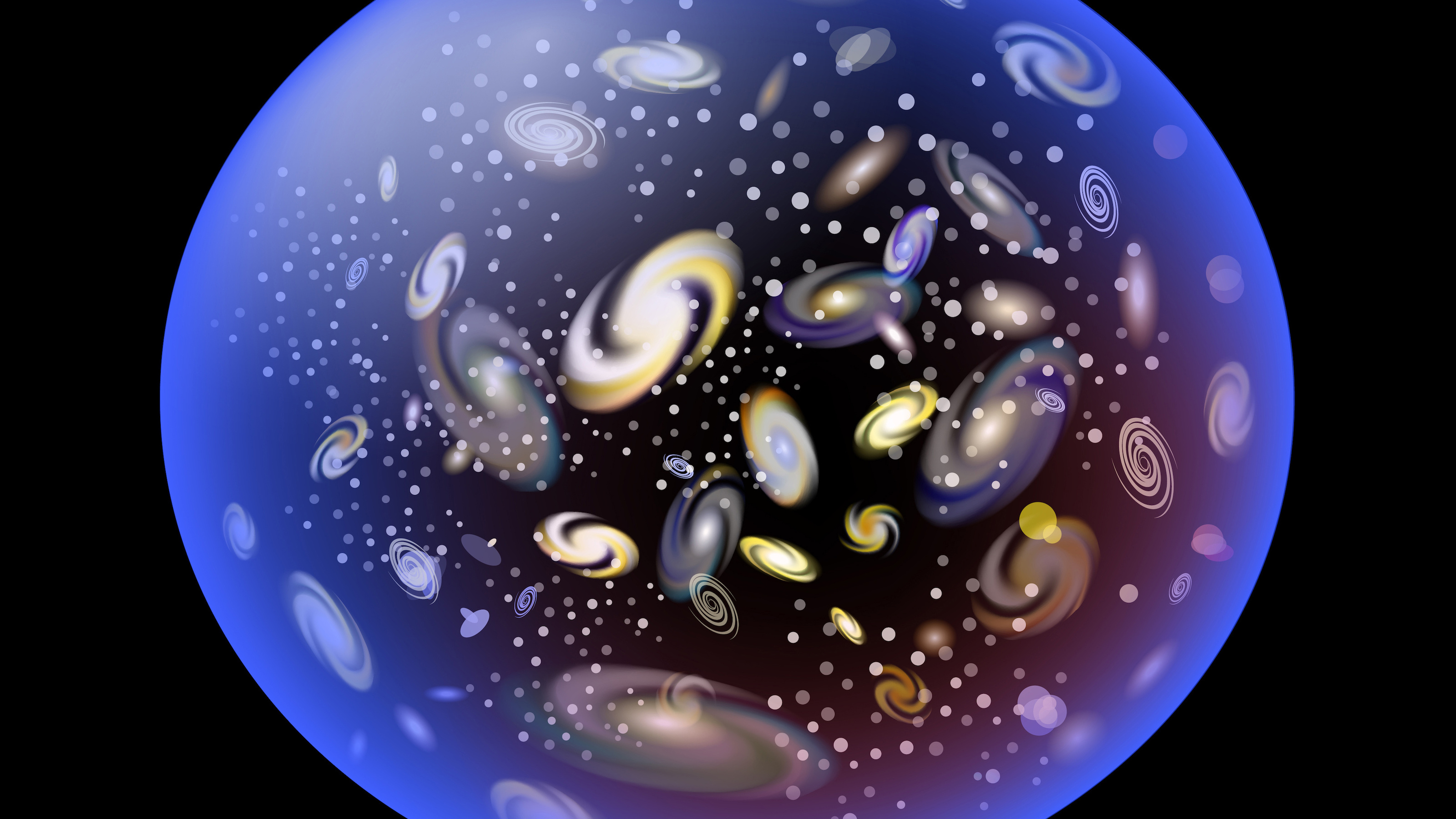Electromagnetism, both nuclear forces, and even the Higgs force are mediated by known bosons. What about gravity? Does it require gravitons?
Search Results
You searched for: Big Think
Math can explain why your laces spontaneously come untied — and how to stop it.
It’s literally the one and only trick that separates top-notch physicists from crackpots, dropouts, and those who can’t cut the mustard.
What if your best friend was an informant?
Slack’s recent radical upskilling booster week highlighted the urgent need for new approaches to L&D: here are some of the most groundbreaking.
Join Radiolab’s Latif Nasser at 1pm ET today as he chats with Malcolm Gladwell live on Big Think.
▸
with
Nikolaas Tinbergen’s concept of “supernormal stimulus” explains why humans are attracted to a heightened version of reality.
No family is immune to money conflicts, no matter how much they love each other. Here’s what to look out for.
From hellishly hot planets to water worlds, some distant planets are like nothing in our Solar System.
The way we imagine and listen to melodies sheds light on imagination.
Humans seemingly have opposing desires to fit in and to be unique. The interplay between these might drive the evolution of fads.
From the Big Bang to dark energy, knowledge of the cosmos has sped up in the past century — but big questions linger.
The acceptance of our cosmic loneliness and the rarity of our planet is a wakeup call.
The familiar terrain of solids, liquids, and gases gives way to the exotic realms of plasmas and degenerate matter.
Yes, “the laws of physics break down” at singularities. But something really weird must have happened for black holes to not possess them.
Britain is profiling the genes, health and lifestyles of its citizens and handing the results to scientists across the world.
Research shows that psilocybin leads people away from materialism and toward transcendentalism. Apparently, mushrooms teach metaphysics.
There were many other species of human on the planet. Svante Pääbo discovered one of them.
There are two methods to measure the expansion rate of the Universe. The results do not agree with each other, and this is a big problem.
Large language models are an impressive advance in AI, but we are far away from achieving human-level capabilities.
Is science absolute? Its truths and discoveries guide us toward the nature of reality, but we must always remain open-minded to revisions.
Albert Camus was a Franco-Algerian philosopher with some great insights on the meaning of life, why you should look to this life and not the next, and why suicide is a poor choice.
In July of 2022, the first science images from JWST were unveiled. Two years later, it’s changed our view of the Universe.
Here’s what it means for the field.
It’s no longer just VR vs. AR. There is an alphabet soup of metaverse acronyms, often used imprecisely. So, what do they all mean?
Although we still don’t know the question, we know that the answer to life, the Universe, and everything is 42. Here are 5 possibilities.
Hawking’s refusal to upgrade his communication system preserved a voice that became iconic, not just for its sound, but for the profound identity it conveyed.
We know the Universe is expanding, but scientists don’t agree on the rate. This is a legitimate problem.
People admire complexity. Many attribute it to the work of superior minds, those with the skills or intelligence to wrangle challenging ideas into a workable—if not always comprehensible—whole. This esteem […]
It doesn’t matter how ridiculous a lie is. As long as it is repeated often enough, some people will believe it.


